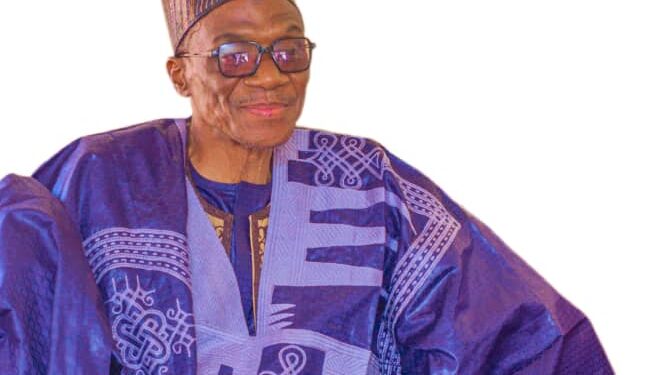The Northern Elders Forum (NEF) has said families are finding it increasingly difficult to afford basic necessities as the prices of essential commodities such as rice, beans, and cooking oil continue to skyrocket.
NEF said the unchecked rise in inflation in Nigeria is posing a significant threat to the well-being of its citizens.
The Forum, in a statement by its Spokesperson, Abdul-Azeez Suleiman, said the consequences of this unchecked rise in inflation are devastating for ordinary Nigerians.
The statement noted that the cost of living has been steadily increasing, particularly in terms of food prices, leading to widespread hunger and malnourishment. This alarming situation demands immediate attention and action from the government.
“This dire situation has resulted in a rise in malnutrition, particularly among children, as families are forced to prioritize their limited resources.
“Moreover, the impact of inflation extends beyond the realm of food prices. Small businesses are struggling to survive as the cost of raw materials and transportation continues to rise.
“Unemployment rates are soaring as companies are unable to sustain their operations amidst mounting expenses. This vicious cycle of inflation and economic decline is pushing our nation further into poverty and despair.
“In light of these challenges, we demand urgent measures from the government to address this crisis before it plunges the nation into greater conflict and chaos. The welfare of its citizens must be prioritized, and policies must be implemented to alleviate the burden of inflation.
“This includes increasing agricultural productivity, investing in infrastructure to reduce transportation costs, and implementing social safety nets to support the most vulnerable members of society.
“Additionally, it is imperative that the government takes decisive steps to curb corruption and wasteful spending. The mismanagement of public funds only exacerbates the inflationary pressure and erodes the trust of the people. Transparency and accountability must be upheld at all levels of government to restore confidence in our leadership.
“The unchecked rise in inflation in Nigeria is a pressing issue that demands immediate attention and action. The government must acknowledge the suffering of its citizens and implement effective policies to alleviate the burden of inflation. By prioritizing the welfare of its people, curbing corruption, and promoting transparency, Nigeria can overcome this crisis and pave the way for a brighter future. It is time for our leaders to rise to the occasion and address the challenges facing our nation.”











